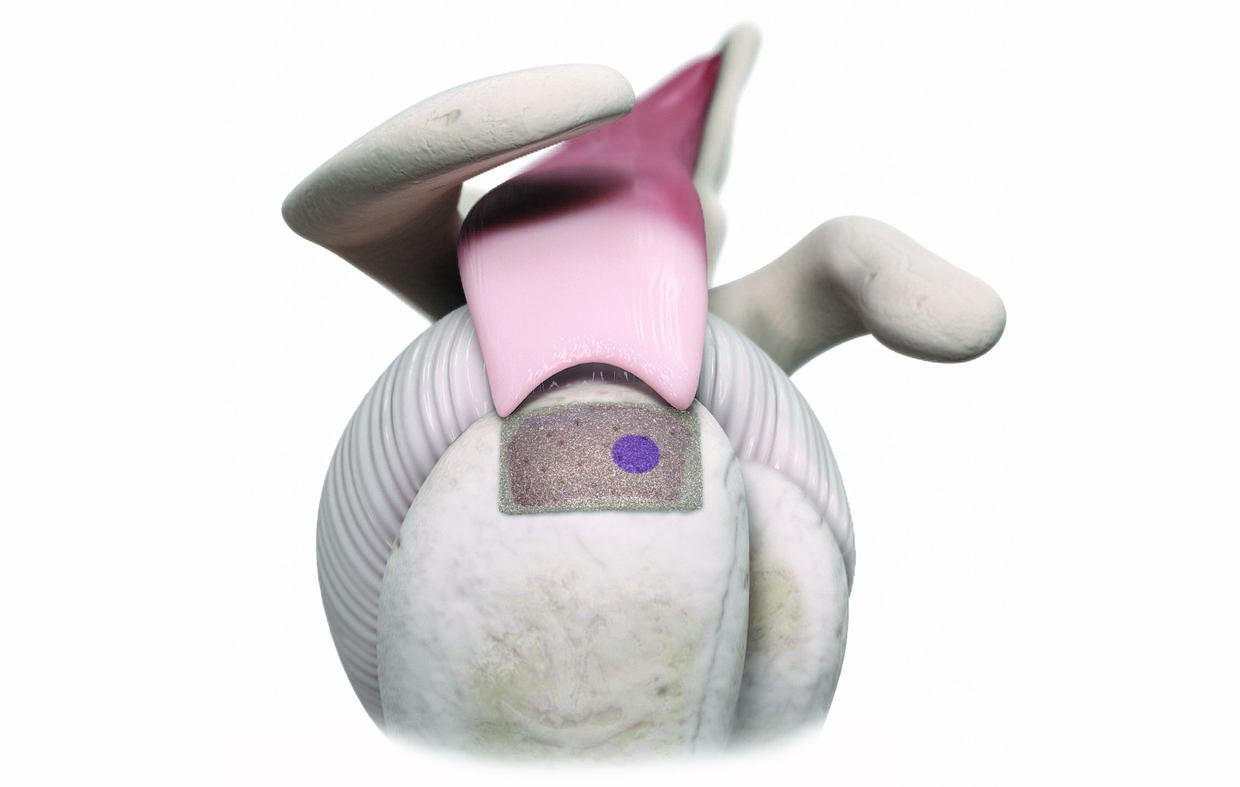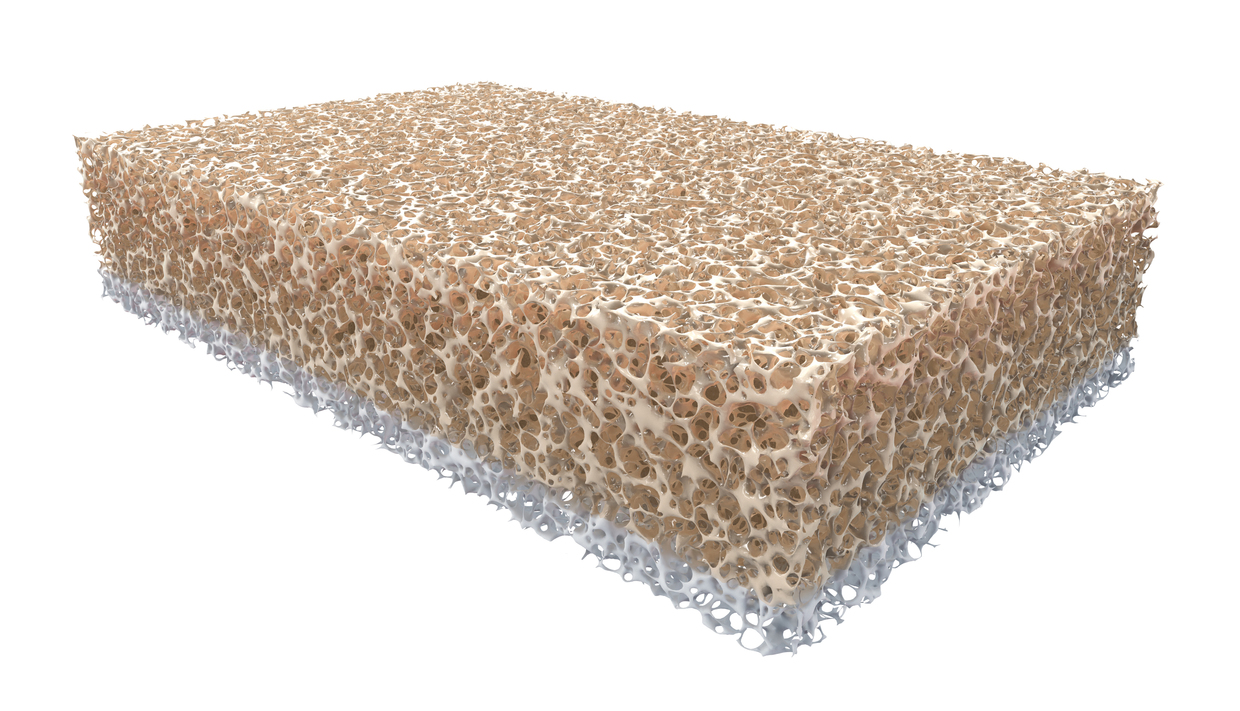
Researchers from Purdue University and Sparta Biopharma claim to have created a device which will dramatically reduce torn rotator cuff recovery, improving the lives of professional athletes and the elderly alike.
A torn rotator cuff has spelled the end of many a professional athlete’s career, from basketball and strength sports to tennis, but also plagues people over the age of 60.
A new tissue implant called BioEnthesis purports to significantly speed up a patient’s recovery from rotator cuff surgery, induce more robust repair overall while reducing the risk of recurring tears.
The implant effectively recreates the tissue that links tendon and bone, called the enthesis. The enthesis is typically only about a millimeter wide and is the point at which cartilage transitions to bones.

“The enthesis is an important part of the skeleton because it makes it possible to transmit the enormous forces generated by the muscles during daily activities,” said Eric Nauman, a Purdue professor of mechanical and biomedical engineering. “Every muscle in a person’s body attaches from tendon to bone through an enthesis.”

The rotator cuff starts to weaken across all demographics, pro-athlete and mere mortals alike, at around the age of 30. However, the gum-strip-sized, spongey scaffold, made with real human tissue, could spell the end of chronic injuries in not only the rotator cuff but the Achilles, patellar and quadriceps tendons as well.
Arthroscopic or keyhole surgery has advanced the outcomes for tendon injuries but the BioEnthesis purportedly provides unprecedented restoration of the joint’s architecture that was hitherto impossible.
The first surgeries using BioEnthesis began in February at Rush University Medical Center in Chicago and a full nationwide rollout is expected by the end of 2021.
Think your friends would be interested? Share this story!




